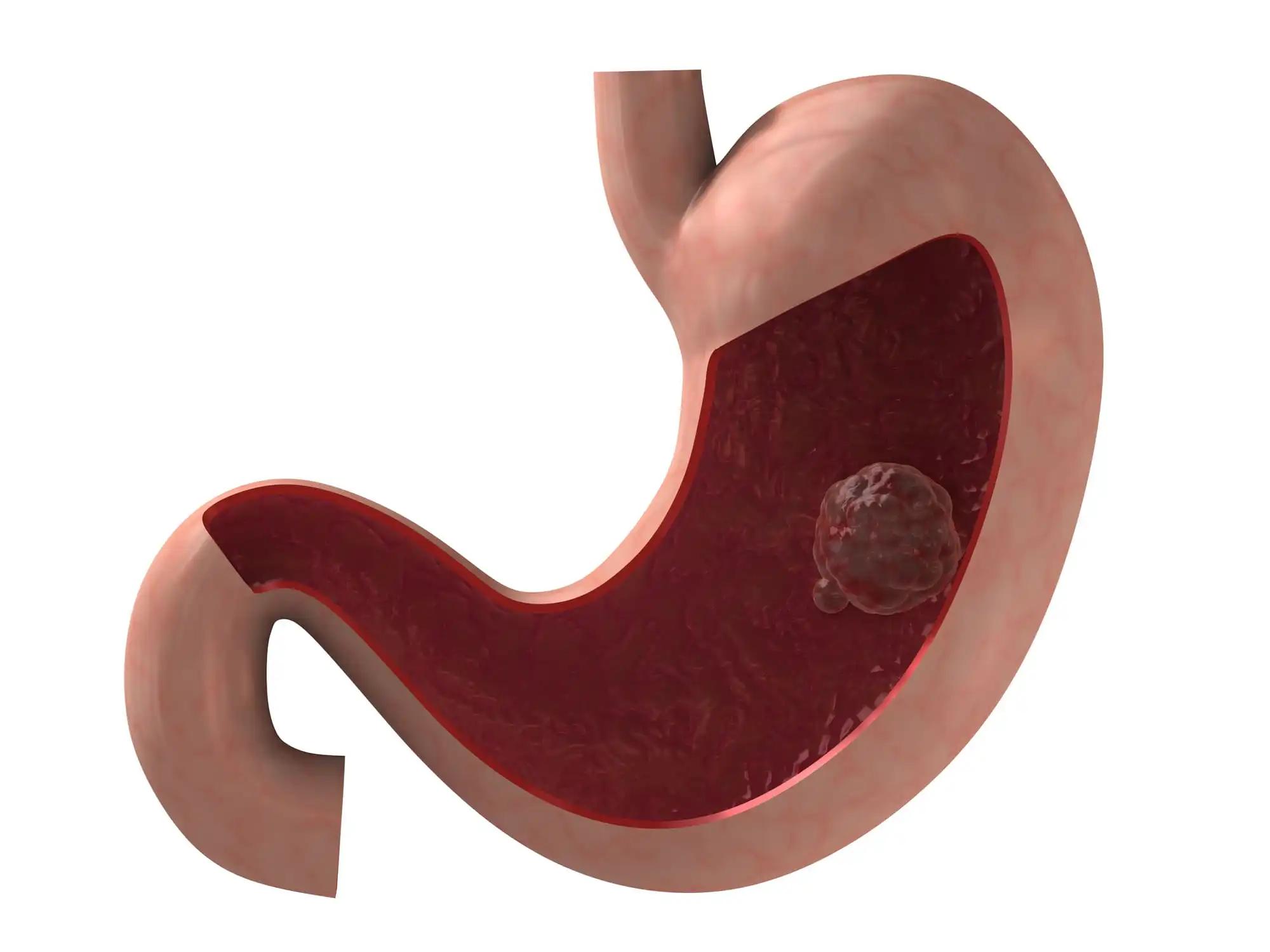KEY TAKEAWAYS
- Treatment with atezo + bev has been globally approved for patients with unresectable HCC who have not received prior systemic therapy.
- Combining atezo with bev found clinically relevant contribution in immune enhancement and normalisation of tumour blood vessels.
- Impact of bev being skipped due to bev adverse events of special interest (AESIs) on the efficacy of atezo + bev in patients with unresectable HCC.
- The exploratory efficacy analysis found that skipping bev did not have a considerable impact on the efficacy of atezo + bev in patients who received the treatment for ≥6 months.
- Patients who cannot tolerate bev due to AESIs may still benefit from atezo + bev treatment.
After the positive results of the Phase 3 IMbrave150 investigation, treatment with atezo + bev has been approved worldwide for patients with unresectable HCC who have not yet undergone any systemic therapy (NCT03434379, Finn NEJM 2020 and Cheng J Hepatol 2022). Immune augmentation and normalisation of tumour blood vessels are 2 areas where the addition of bev to atezo makes a therapeutically meaningful impact, as shown by findings from a Phase 1b research (Lee Lancet Oncol 2020).
However, it is not known if the efficacy of atezo + bev is affected if bev is omitted due to bev adverse events of special interest (AESIs). Here, we used information from the IMbrave150 research to do an exploratory analysis of efficacy comparing patients who had skipped bev with those who had never skipped bev.
Subjects were randomly randomised to receive atezo + bev in Arm A of IMbrave150. Patients who had ever had a bev skipped because to bev AESIs were included in Group A-1. Patients who did not qualify for inclusion in Group A-1 made up Group A-2. Patients treated with atezo + bev for >6 months were included in landmark analyses of OS and PFS to account for immortal time bias.
Group A-1 consisted of 69 patients who received atezo + bev for 6 months, while group A-2 consisted of 141 patients. The distribution of these baseline attributes showed no discernible differences between the groups. Patients in group A-1 had a BCLC stage of C at 75.4% and a Child-Pugh score of A5 at 76.8%, while those in group A-2 had a BCLC stage of C at 80.1% and a Child-Pugh score of A5 at 77.0%. Median overall survival (OS) for groups A-1 and A-2 was 25.8 and 26.2 months, respectively (HR, 1.04; 95% CI, 0.64 to 1.69), and median progression-free survival (PFS) was 15.5 and 10.0 months, respectively (HR, 1.07; 95% CI, 0.74 to 1.55), as of the data cutoff date (August 20, 2020).
In this post hoc study, patients who had ever skipped a bev did not do any worse than patients who had never skipped a bev. While this comparison should be viewed with caution due to its non-randomized and exploratory nature, the data imply that skipping bev had no effect on the efficacy of atezo + bev.
Source: https://meetings.asco.org/abstracts-presentations/215564
Clinical trial: https://clinicaltrials.gov/ct2/show/NCT03434379/
Kudo, M., Tsuchiya, K., Shao, Y.Y., Finn, R.S., Galle, P.R., Ducreux, M., Cheng, A.-L., Yamashita, T., Koga, H., Aoki, K., Yamada, K., Asakawa, T., Nakagawa, Y. and Ikeda, M. (2023). IMbrave150: Exploratory analysis to examine the association between bevacizumab (bev) ever being skipped and bev never being skipped in patients with unresectable hepatocellular carcinoma (HCC) treated with atezolizumab (atezo) + bev in a global phase 3 study. Journal of Clinical Oncology, 41(4_suppl), pp.538–538. doi:https://doi.org/10.1200/jco.2023.41.4_suppl.538.



